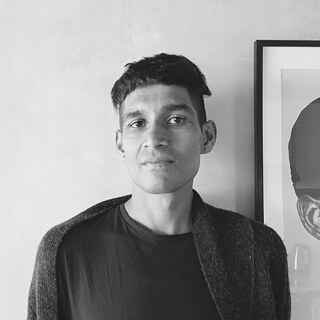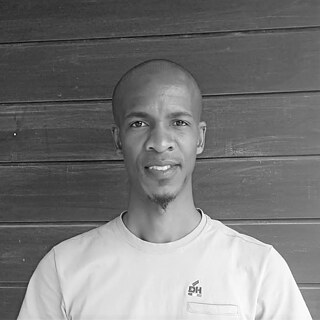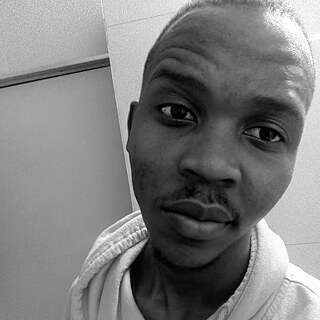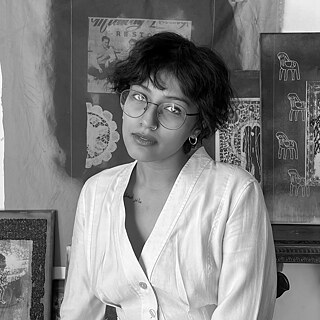WEDNESDAY, 3 AUGUST, 10AM - 3PM
The Power Talks Durban programme begins at the Durban Art Gallery in the heart of the city. Historically, a site of whiteness, colonial wealth and exclusivity, to now housing contemporary African art. DAG is a space of history, contention, and opportunity, which sets the tone for the programme’s structure. The space represents a traditional gallery/museum space.
A short city walk moves us away from DAG to a Methodist Church, Central City Mission yaseThekwini. This church space is a site that evokes/provokes deep meaning. Historically, the church has been used as a gathering space by FeesMustFall student activists, as housing for refugees, and for anti-xenophobia meetings. Dating even further back, the Methodist church played a considerable role in the anti-apartheid movement, and has an extensive history of addressing various social justice issues. A church can evoke feelings of comfort and discomfort in guests, which is a useful tension for the provocative conversations on power that we are facilitating.
The Power Talks Durban programme commences with the intentional instigation, by the provocateur, of discomfort to surface the dimensions of power inherent in the local cultural context. Through this provocation, attendees will be challenged to confront and interrogate their positions, relationships, proximity to, deployment of power and its impact, both upon themselves, other creatives and any cultural institutions to which they are affiliated.
Facilitator concept
disruptto make it difficult for something to continue in the normal way;
(business) to cause significant change in an industry or market by means of innovation
interrupt
to say or do something that makes somebody stop what they are saying or doing;
interrupt something to stop a line, surface, view, etc. from being even or continuous;
to say or do something that makes somebody stop what they are saying or doing
(Extracted from Oxford Learner’s Dictionary Online)
The starting point of this provocation begins with the political significance of architecture and how that architecture is related to creative economies and the city. We are drawing on the work of the research group Forensic Architecture, and Zandi Sherman’s work on architectures of the plantation, the prison, and mining infrastructure, in order to understanding architecture as something beyond the hard facts of brick and mortar buildings, as what Eyal Weizman calls “the relation between the static and the dynamic.
We want to look at how architecture itself operates as a form of power that sediments itself into the fabric of everyday life. This session will consider what disruption, interruption, unsettling of sedimented spatial dynamics means in the realm of the aesthetic and in the everyday, quotidian creativities in the city of Durban.
From the soft flows that register, disrupt, interrupt, that hack the codes (to borrow from Tavia Nyong’o), are dynamics, materialities, relationalities, sounds, objects, tastes and textures, apprehended through a complex of senses. Considering the built environment and architectures of the city as forms of power, we want to propose that the creativities that emerge from the informal, from the rich spiritual tapestry, from culinary grammars, sonic economies and performativities of the city, as forms of aesthetic disruption.
How do interruptive aesthetics emerge from within, through, alongside, around, under and above, architectures of power? What forms of creativeness emerge when we locate ourselves from within spaces of aesthetic disruption? Why is it necessary to pause and interrupt the sedimented flows and movements of apartheid architectures we have inherited? What kinds of futurities exist and conjure an alternative creative matrix for the city we call Durban, and how can we as artists, creative practitioners, activists, planners, be part of unsettling, interrupting the architectures of the city towards presents and futures of care?



